A legal thriller in Bengali, “Shotyi Bole Shotyi Kichhu Nei” (2025) by Srijit Mukherji is a modern-day adaptation of “12 Angry Men” (1957) and its Hindi remake, “Ek Ruka Hua Faisla” (1986). The title of Mukherji’s rendition is derived from a haunting line in the song “Ei Srabon” by Anupam Roy, which alludes to the deeper psychological divisions between perception and truth that the film examines. With an ensemble cast featuring Kaushik Ganguly, Parambrata Chatterjee, Kaushik Sen, Ritwick Chakraborty, and others, the film stages a riveting drama inside the claustrophobic confines of a High Court Judge’s subconscious, where twelve individuals (or rather mental projections of the Judge) must confront their own biases and prejudices while deciding the fate of a young kid accused of murder.
The subconscious mind transports the characters to various locations deeply personal to Brajeswar: his study room, the golf course he habitually goes to, a theater where he watched the play “Mindgames” (a stage production of “12 Angry Men” that Mukherji himself had directed), a flyover where he once rescued an old man from hooligans, a beach where he vacationed with his family, and a tropical forest where he went on an expedition. These shifting spaces give Prosenjit Chowdhury ample room to deliver a dynamic cinematography that steers clear of visual claustrophobia.
His use of shadow and half-light emphasizes the moral ambiguity that lies at the heart of the film, with characters often framed in partial darkness, their expressions laden with uncertainty. The tense background score by Subhadeep Guha intensifies the drama, while the film’s lean production schedule (shot within two months) reflects the urgency that pulses through its narrative.
The film opens with a shot of Kaushik (Arjun Chakrabarty), a corporate employee, and his wife discussing the birthday party of their uncle, Brajeswar Dutta, a High Court judge of West Bengal, played with understated authority by Kaushik Ganguly. After a sumptuous dinner at the birthday party, Brajeswar tends to his guests, each of whom will soon become part of the tense jury deliberation. Among them are Dhiman (Kaushik Sen), an economist at the World Bank, and his wife Roopa (Ananya Chatterjee), who works at an advertising agency; Gaurang Aggarwal (Anirban Chakrabarti), a Marwari businessman; Sadiq (Rahul Arunoday Banerjee), a successful folk-fusion singer; and Sumit Bhattacharya (Ritwick Chakraborty), a victim of communal riots and a right-winger.
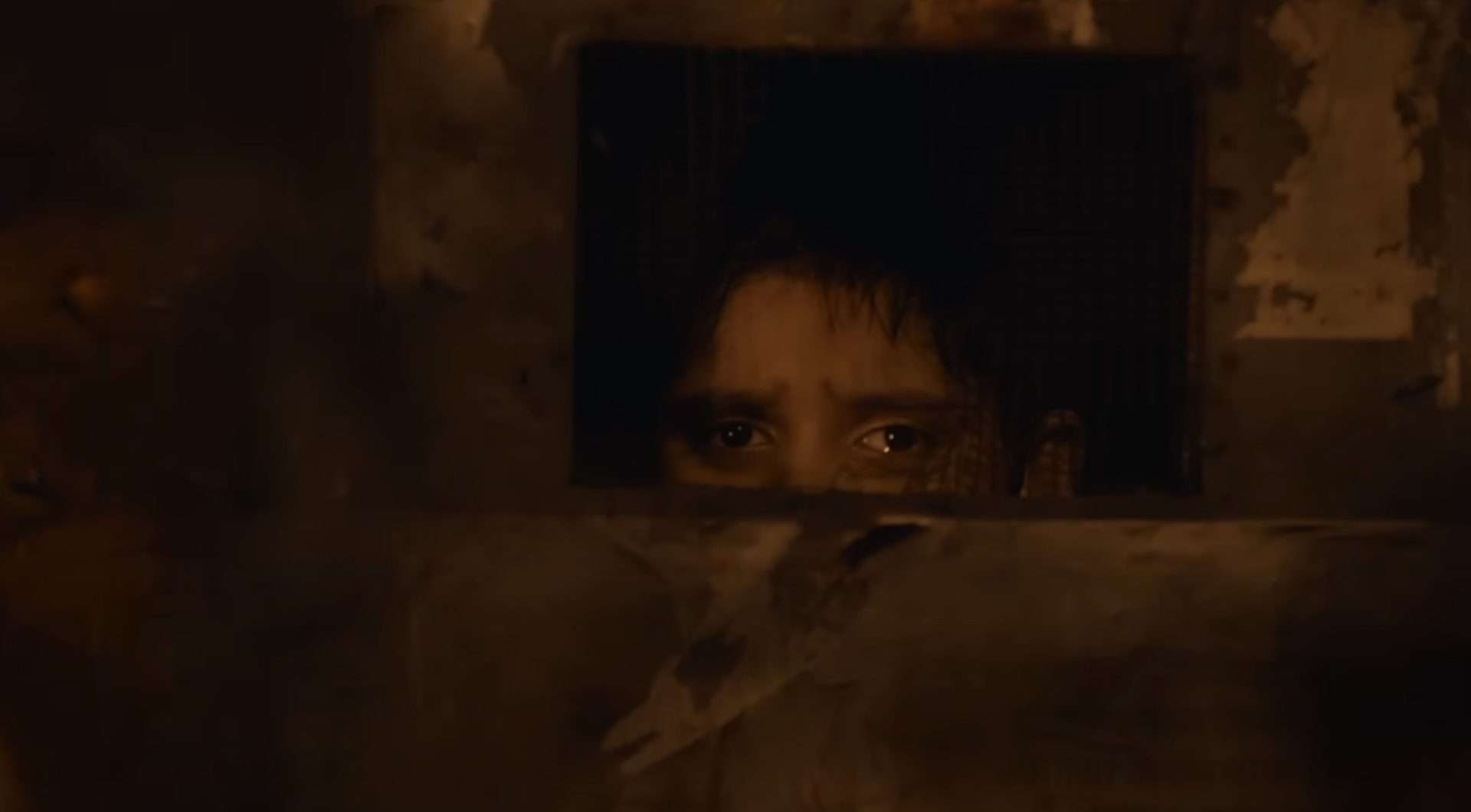
Also present are Arundhati (Sauraseni Maitra), a fiery film director and Brajeswar’s daughter; Tapash (Kanchan Mullick), Brajeswar’s trusted right-hand man; Habul (Phalguni Chatterjee), an elder companion of Brajeswar who now resides in a dilapidated old-age home; and Abir (Suhotra Mukhopadhyay), a socially anxious physics professor with a stutter and Brajeswar’s son. Early in the film, a trace of unease clouds Brajeswar’s otherwise composed demeanor as he wrestles with delivering a verdict in a stabbing case involving a young boy and his elder brother. In a passing remark, he notes how the jury system was abolished from the Indian judiciary in 1973, a footnote that sets the stage for the drama to come.
After the guests leave, Brajeswar drifts into sleep, slumped in his chair, and it is here that Mukherji masterfully blurs the line between waking life and dreamscape. Reality fractures, the walls of Brajeswar’s mind collapse, and the twelve guests reassemble as an imagined jury inside his subconscious. Amidst them appears a new figure, Satya (Parambrata Chatterjee), a flamboyant homosexual whose presence is so far unknown to the audience and other jurors. Serving as a provocateur and moderator, Satya draws out the latent prejudices lurking beneath the surface of the jurors’ polished exteriors. Under his subtle but insistent questioning, the group is compelled to reexamine their assumptions.
In this slow unravelling, the audience is drawn into the fractured psyches of the characters. Mukherji delicately traces Arundhati’s buried trauma: the memory of sexual assault at the hands of her maternal uncle and the hardened misandry that grows like scar tissue over the years. In a moment steeped in bitterness and class prejudice, Arundhati lashes out at Mr. Aggarwal, dismissing him as a “gutka-khor” and sneering that he would have been “taught a lesson” in Maharashtra for not speaking the native tongue.
Also Related: 25 Great Trial Films of All Time, Ranked
Beneath the sharpness of the exchange lies a razor-sharp commentary on the concealed chauvinisms of Bengal’s urban elite, a class that prides itself on refinement while casually othering non-Bengalis as crude or inferior. Even Brajeswar is not exempt, repeatedly misnaming Mr. Aggarwal with an air of patrician indifference, until his son Abir holds him accountable by shouting at him.
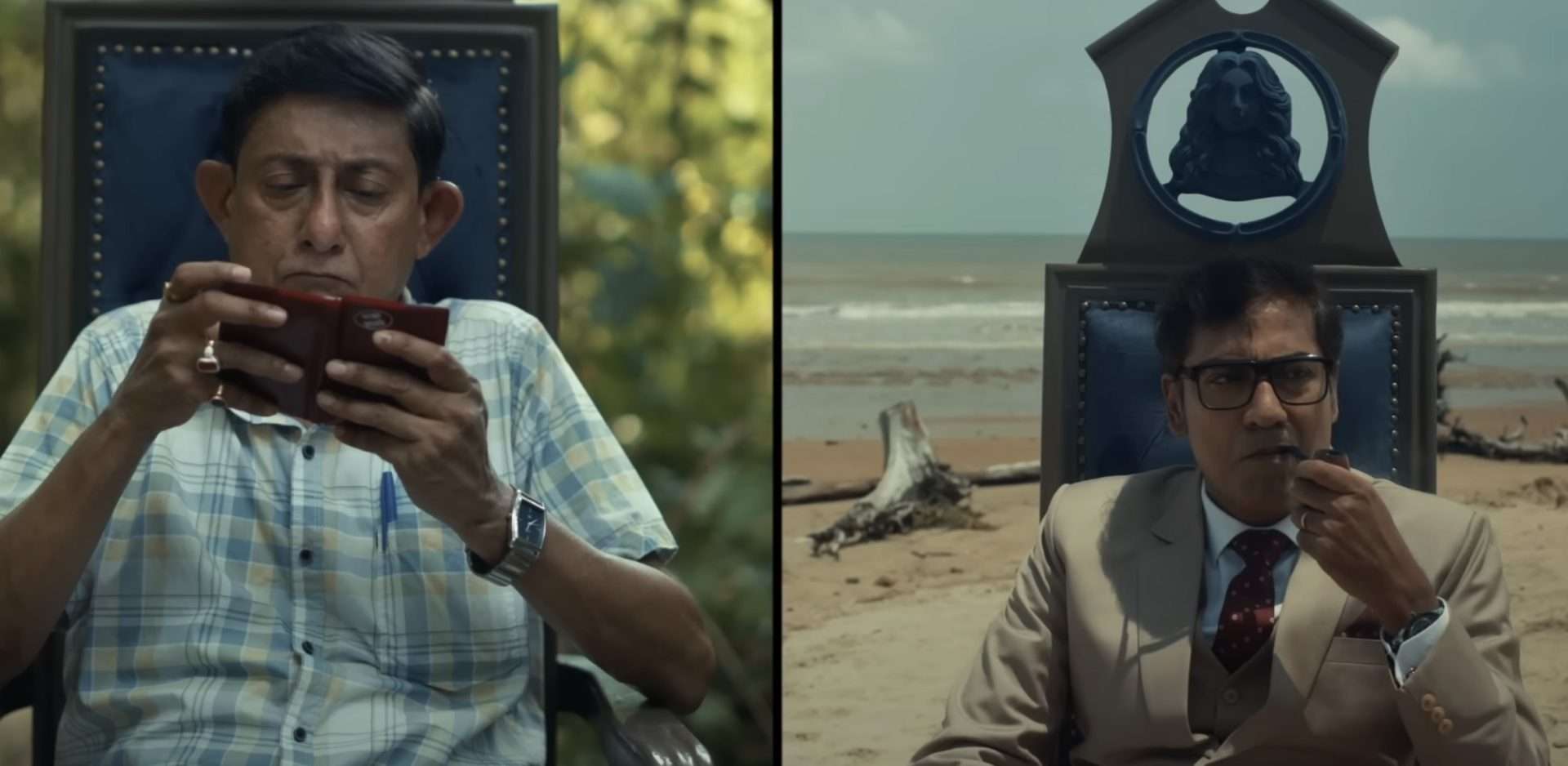
What follows is one of the film’s most harrowing sequences: Gaurang Aggarwal, emboldened by the group’s silence, closes in on Arundhati, probing her with the demand, “Why do you hate all men?” The scene unfolds with agonizing slowness; the collective gaze of the others turns into a silent accomplice as Arundhati finally breaks, pleading for mercy and revealing that she, too, has reversed her verdict. It is a moment of unbearable vulnerability, a psychological crucible that leaves the viewer deeply unsettled.
Another piercing social commentary unfurls through the character of Sumit, whose mind bears the wounds of a life ripped apart by communal violence. In the riots, he loses not only his family but also a Muslim uncle, a man who tried to shield him and was unironically slain by Muslim rioters. The trauma sears itself into Sumit’s consciousness, festering into a corrosive prejudice that clouds his judgment. His verdict against the accused boy stems not from logic or evidence but from a tragic, sweeping certainty that all Muslims are to be feared, hated, and condemned. The boy’s religion becomes, for Sumit, an unassailable mark of guilt.
When the other jurors attempt to pierce through this hardened bias, Sumit recoils, branding them “bloody pseudo-intellectuals,” furious that they will not mirror his rage. His descent into anger culminates in a physical altercation, first with Sadiq and then with Dhiman. It is only under the relentless, suffocating pressure of the group and the moral weight of collective reasoning that Sumit finally concedes and reverses his verdict. Yet the scene leaves behind a troubling residue, a reminder that bigotry, once etched into the soul by fear and loss, does not disappear easily. It stays hidden in silence, surviving beneath the surface of reluctant surrender.
“Shotyi Bole Shotyi Kichhu Nei” is a compelling examination of trauma, prejudice, and the complex nature of human judgment. The film explores the innermost thoughts of its alleged jurors, revealing the murky depths of prejudice and personal history through brilliant performances and astute direction by Srijit Mukherji. The story offers insightful social commentary on class, religion, and moral ambiguity that goes beyond its legal thriller structure. With its tight screenplay, layered characters, and intense psychological drama, the film forces its audience to confront uncomfortable truths about themselves and society, leaving an indelible mark long after the credits roll.
Bio note – Abhik Ganguly is a poet, writer, and scholar-practitioner. Currently, he is a Junior Research Fellow pursuing a PhD at the Department of English, University of Delhi. His works have been published in various outlets like the Monograph, Indian Review, Hooghly Review, Setu Magazine, and others.

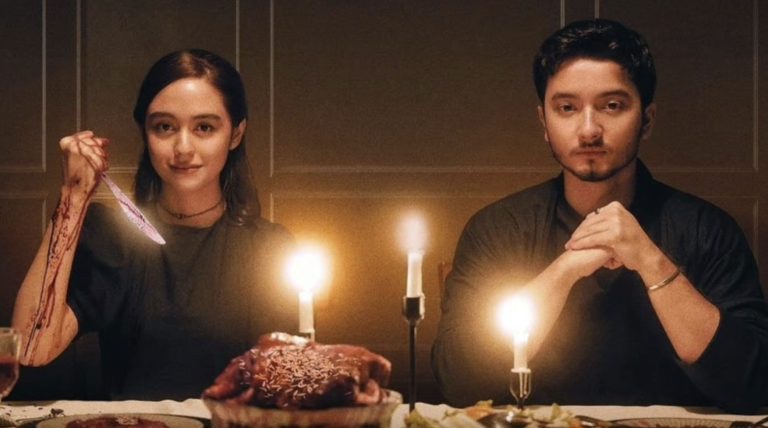
![Dunkirk [2017]: Nolan Transports You Into a Catastrophic War and Brings You Home](https://79468c92.delivery.rocketcdn.me/wp-content/uploads/2017/07/dunkirk_1-1024x640-e1500542266180-768x385.jpg)
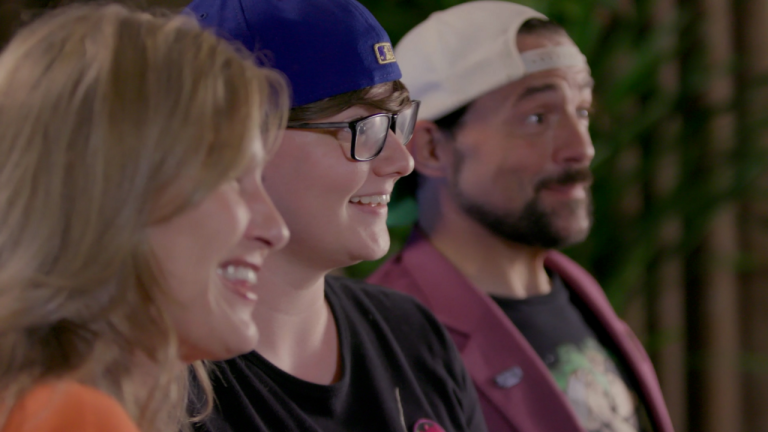
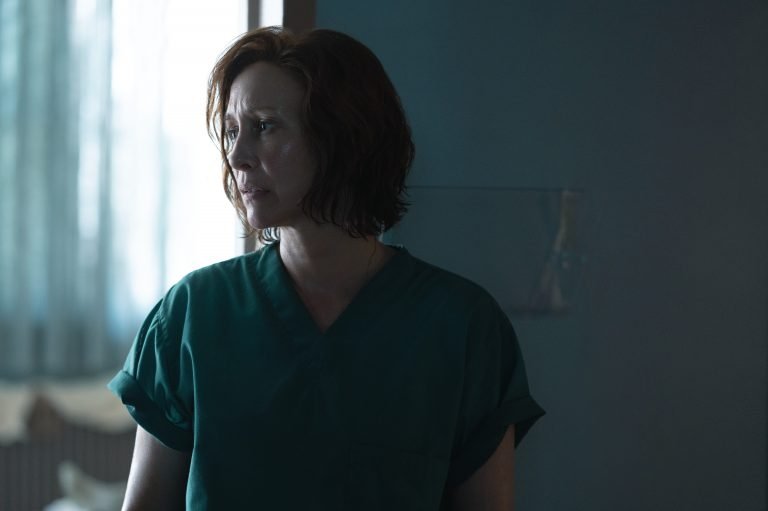
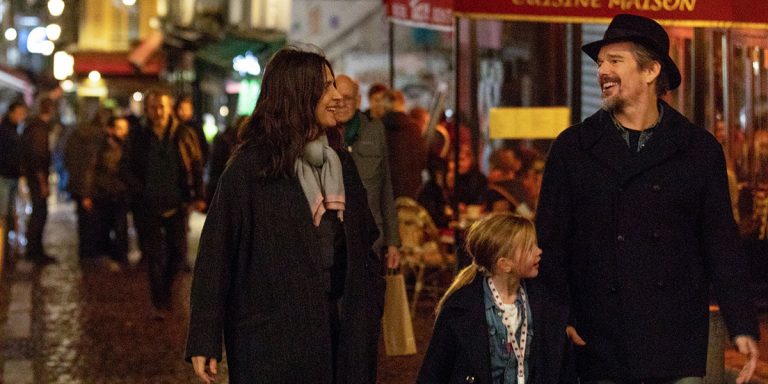
![Ship of Theseus [2012] : A Collective Voyage](https://79468c92.delivery.rocketcdn.me/wp-content/uploads/2017/04/sot-still1-768x374.jpg)